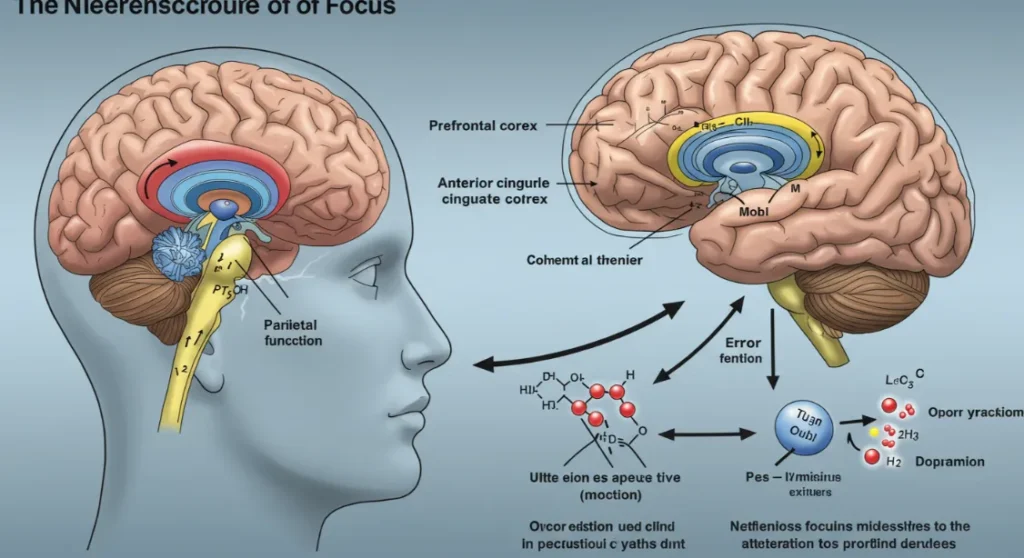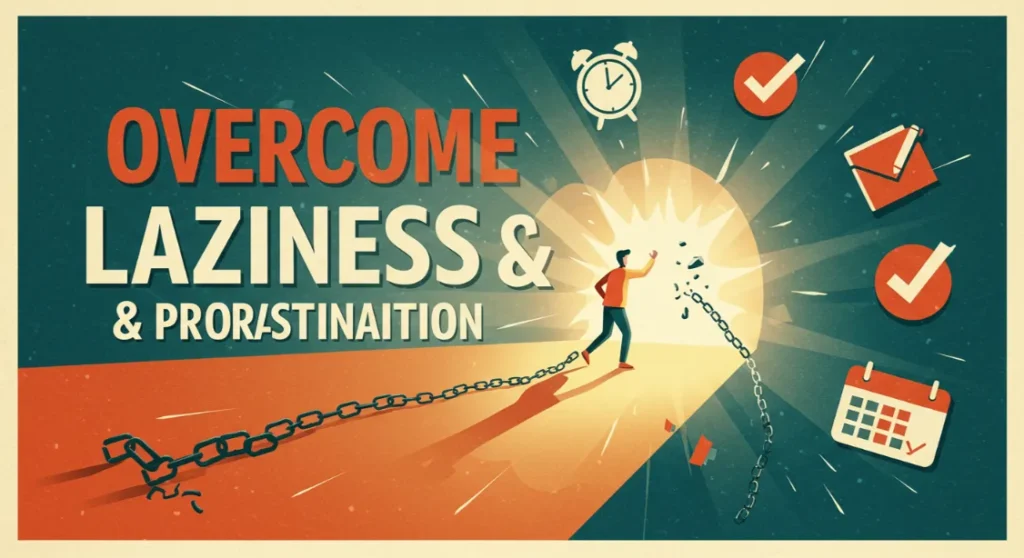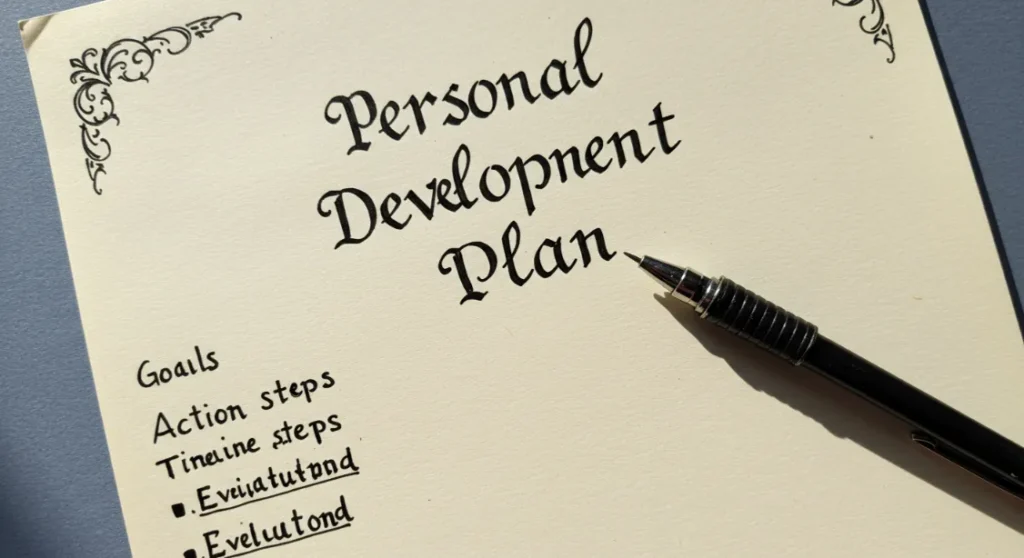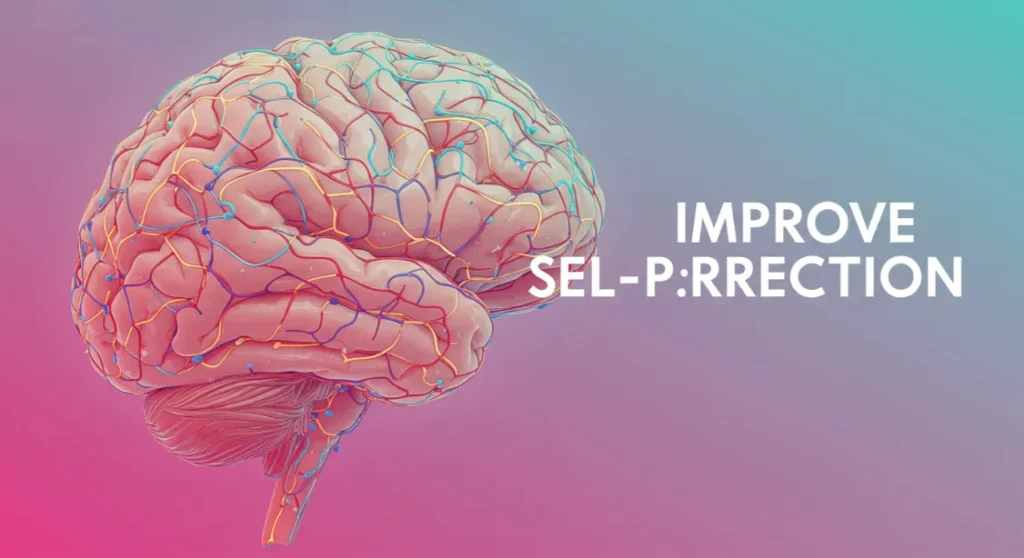A self-improvement journal isn’t just a notebook—it’s a powerful tool for transformation. Recent studies show that consistent journaling can lead to significant improvements in self-awareness, goal achievement, and overall well-being.
Whether you’re looking to track your progress, gain clarity, or simply reflect on your journey, a well-structured journaling practice can be the catalyst for meaningful personal growth.
Key Takeaways
- Start with just 5 minutes daily to establish a sustainable journaling habit
- Create a dedicated journaling space to enhance focus and consistency
- Personalize your journal with colors, stickers, or artwork that inspires you
- Combine journaling with other self-care practices for maximum benefit
- Use specific prompts to target areas of growth you want to develop
- Review your entries regularly to track patterns and measure progress
What Is a Self-Improvement Journal?
A self-improvement journal is more than just a diary—it’s a structured approach to personal development that helps you track progress, identify patterns, and gain deeper insights about yourself. Unlike traditional journaling where you might simply record daily events, a self-improvement journal focuses specifically on growth-oriented reflection and goal setting.
Think of it as your personal growth companion that provides a safe space for honest self-reflection while keeping you accountable to your goals. Whether you’re working on building better habits, managing work stress, or developing a growth mindset, your journal becomes the central hub for your transformation journey.
The Science Behind Journaling for Growth

Research has consistently shown that regular journaling produces measurable benefits for mental health and personal development. When you write about your experiences, challenges, and goals, you activate both the analytical left brain and the creative right brain, creating powerful connections that enhance self-awareness.
The act of writing itself helps process emotions and experiences in a way that thinking alone cannot. Studies have found that journaling can reduce stress, improve immune function, and even accelerate healing—both emotionally and physically. The benefits of journaling extend beyond mental clarity to impact your overall wellbeing.
How to Start Your Self-Improvement Journal
Choose the Right Journal

The first step is selecting a journal that inspires you to write regularly. Consider these options:
Blank journals: Offer complete freedom for your unique approach
Guided journals: Provide prompts and structure to help you get started
Digital journals: Allow for easy editing and searching of past entries
Specialized journals: Focus on specific areas like gratitude or goal-tracking
The best journal is one you’ll actually use consistently, so choose something that feels right for you personally rather than what others recommend.
Create a Journaling Routine

Consistency is key to seeing results from your journaling practice. To establish a sustainable routine:
Start with just 5 minutes daily to build the habit
Choose a specific time that works with your schedule
Link journaling to an existing habit like morning coffee
Create a dedicated journaling space free from distractions
Set reminders until the habit becomes automatic
Many successful journalers find that morning routines that include journaling help set a positive tone for the entire day, while others prefer evening reflection to process the day’s events.
Effective Journaling Prompts
Staring at a blank page can be intimidating. These prompts will help jumpstart your self-improvement journaling practice:
For Goal Setting:
What are three goals I want to accomplish this month?
What specific steps can I take today toward my biggest goal?
What obstacles might prevent me from reaching my goals, and how can I overcome them?
For Self-Awareness:
What triggered strong emotions in me today, and why?
What patterns am I noticing in my behavior or thinking?
What are my top five strengths, and how am I utilizing them?
For Gratitude:
What three things went well today, and why?
Who are the people I’m most grateful for, and why?
What challenges am I grateful for because they helped me grow?
Using these prompts regularly can help you develop the power of gratitude and enhance your self-awareness.
Types of Self-Improvement Journals
Different journaling approaches serve different purposes in your personal development journey:
Gratitude Journal
Focusing on appreciation helps train your brain to notice the positive aspects of life. A gratitude journal typically involves writing down 3-5 things you’re thankful for each day. This simple practice has been shown to significantly increase happiness and reduce depression.
Goal-Tracking Journal

This type of journal helps you set, track, and achieve your personal and professional goals. It typically includes:
Clear goal statements
Action steps and deadlines
Progress tracking
Obstacle identification and solutions
Celebration of milestones
Using a goal-tracking journal can help you stay on track with goals and maintain motivation throughout your journey.
Reflection Journal

A reflection journal focuses on processing experiences and extracting lessons from them. It’s particularly useful for:
Working through challenges
Identifying patterns in your behavior
Recognizing personal growth over time
Processing emotions in a healthy way
Gaining clarity on complex situations
Regular reflection helps you develop greater self-awareness and make more intentional choices.
Habit Tracker

This specialized journal helps you build and maintain positive habits while eliminating negative ones. By visually tracking your consistency, you create accountability and motivation. Habit stacking is a powerful technique that can be incorporated into this type of journal.
Advanced Journaling Techniques
Once you’ve established a basic journaling practice, try these advanced techniques:
Mind Mapping

Instead of linear writing, create visual mind maps to explore connections between ideas, goals, or challenges. This technique engages your creative brain and can reveal insights that traditional writing might miss.
Future Self Journaling
Write letters to your future self or from the perspective of your future self who has already achieved your goals. This powerful visualization technique helps strengthen your commitment and clarify your direction.
Shadow Work Journaling

Explore the aspects of yourself that you typically hide or deny. By bringing awareness to these “shadow” elements, you can integrate them in healthy ways and reduce their unconscious influence on your behavior.
Cognitive Restructuring

Identify negative thought patterns and deliberately reframe them in your journal. This technique, borrowed from cognitive behavioral therapy, helps change limiting beliefs that may be holding you back from improving self-image.
Overcoming Common Journaling Challenges

Even with the best intentions, you may encounter obstacles in your journaling practice:
Challenge: “I don’t have time to journal.”
Solution: Start with just 2-3 minutes daily. Even brief, consistent journaling is more effective than occasional lengthy sessions. Learning to take control of your day can help you find time for important practices like journaling.
Challenge: “I don’t know what to write about.”
Solution: Use guided prompts or pre-formatted journals until you develop your own flow. The structure will help you get started.
Challenge: “I start but can’t maintain the habit.”
Solution: Apply the mini habits approach—make your initial commitment so small that it’s almost impossible to fail, like writing just one sentence daily.
Challenge: “I feel like I’m not doing it right.”
Solution: Remember there’s no “right way” to journal. Your practice should serve your unique needs and can evolve over time.
Integrating Journaling with Other Self-Improvement Practices
Journaling becomes even more powerful when combined with other personal development tools:
Meditation: Journal before or after meditation to capture insights and deepen awareness. Mindfulness for productivity pairs excellently with reflective journaling.
Goal Setting: Use your journal to break down big goals into manageable steps and track your progress. The science of goal setting shows that written goals are significantly more likely to be achieved.
Therapy or Coaching: Share journal insights with your therapist or coach to enhance your work together and track patterns between sessions.
Affirmations: Record and reflect on daily affirmations to reinforce positive beliefs and mindsets.
Measuring Your Growth Through Journaling

One of the most valuable aspects of keeping a self-improvement journal is the ability to see your progress over time:
Regular Reviews: Schedule monthly or quarterly reviews of past entries to identify patterns and progress.
Growth Metrics: Track specific metrics related to your goals, like productivity, mood ratings, or habit consistency.
Milestone Celebrations: Document and celebrate achievements, both big and small, to maintain motivation.
Evolution Awareness: Notice how your writing, priorities, and perspectives change over time as evidence of your growth.
By maintaining your journaling practice and regularly reviewing your entries, you create a powerful feedback loop that accelerates your personal development journey and helps you unlock your best life.
Conclusion
A self-improvement journal is one of the most accessible and effective tools for personal transformation. By creating a consistent practice tailored to your unique needs and goals, you establish a powerful foundation for self-awareness, growth, and achievement.
Remember that the most important aspect of journaling is consistency rather than perfection. Start small, be patient with yourself, and allow your practice to evolve naturally. The insights and clarity you gain through regular reflection will ripple through every area of your life, helping you become more intentional, aware, and aligned with your true potential.
Your journal is waiting to become the trusted companion on your journey to becoming your best self. All you need to do is open it and begin.
References:
- https://ppl-ai-file-upload.s3.amazonaws.com/web/direct-files/1044541/9f8a4c01-301c-42af-97fc-4d64de9d5df8/paste.txt
- https://gearuptogrow.com/mental-wellness/manage-work-stress/
- https://gearuptogrow.com/learning-dev
- https://gearuptogrow.com/blog/page/9/
- https://gearuptogrow.com/learning-development/improve-self-expression/
- https://www.erincondren.com/inspiration-center-the-ultimate-guide-to-guided-journals
- https://bestselfmedia.com/journaling-for-self-reflection/
- https://gearuptogrow.com/category/personal-development/page/3/
- https://gearuptogrow.com/mental-wellness/daily-affirmations/
- https://gearuptogrow.com/blog/
- https://gearuptogrow.com/learning-development/assertiveness-and-decision-making/
- https://gearuptogrow.com/author/alexios/
- https://dayoneapp.com/blog/reflective-journal/
- https://www.livestrong.com/article/13767222-best-guided-journals/
- https://gearuptogrow.com/category/mental-wellness/
- https://evernote.com/blog/journal-prompts-self-reflection-discovery
- https://www.businessinsider.com/guides/learning/best-guided-journals
- https://dayoneapp.com/blog/daily-reflections/
- https://www.healthline.com/health/best-guided-journals
- https://psychcentral.com/blog/ready-set-journal-64-journaling-prompts-for-self-discovery
- https://www.womenshealthmag.com/health/g60176588/best-guided-journals/
- https://storylab.ai/daily-personal-growth-journaling/
- https://www.timeshighereducation.com/campus/diy-guide-starting-your-own-journal